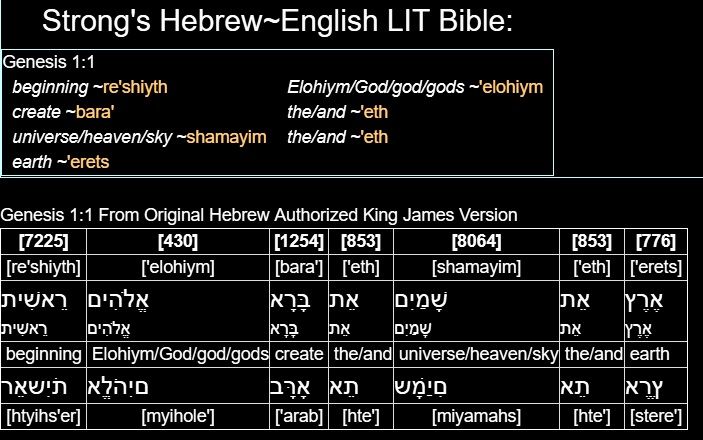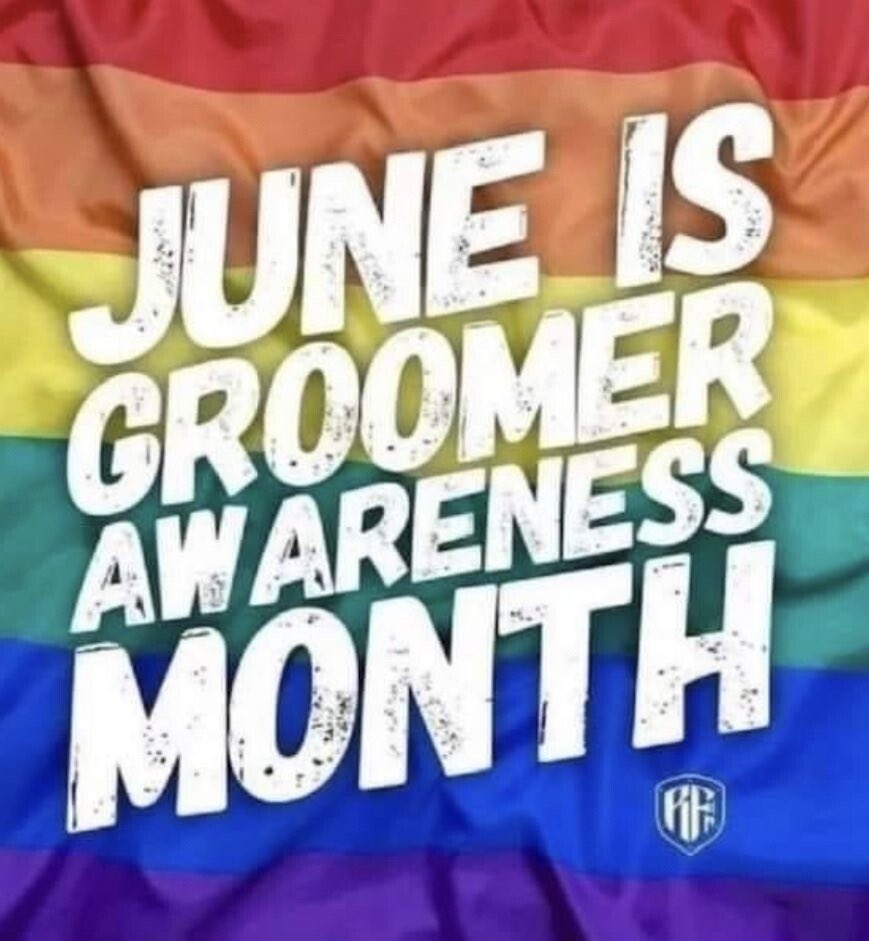| [3956] | [3860] | [3427] | [5259] | [3450] | [3962] | [2532] | [3762] | [1097] | [5101] | [5207] | [2076] | [1508] | [3962] | [2532] | [5101] | [3962] | [2076] | [1508] | [5207] | [2532] | [1437] | [3739] | [5207] | [1014] | [601] |
|---|---|---|---|---|---|---|---|---|---|---|---|---|---|---|---|---|---|---|---|---|---|---|---|---|---|
| [pas] | [paradidomi] | [moi] | [hupo] | [mou] | [pater] | [kai] | [oudeis] | [ginosko] | [tis] | [huios] | [esti] | [ei] | [pater] | [kai] | [tis] | [pater] | [esti] | [ei] | [huios] | [kai] | [ean] | [hos] | [huios] | [boulomai] | [apokalupto] |
| πᾶς | παραδίδωμι | μοί | ὑπό | μοῦ | πατήρ | καί | οὐδείς | γινώσκω | τίς | υἱός | ἐστί | εἰ μή | πατήρ | καί | τίς | πατήρ | ἐστί | εἰ μή | υἱός | καί | ἐάν | ὅς | υἱός | βούλομαι | ἀποκαλύπτω |
| all (manner of, means), alway(-s), any.. | betray, bring forth, cast, commit, del.. | I, me, mine, my | among, by, from, in, of, under, with | I, me, mine (own), my | father, parent | and, also, both, but, even, for, if, o.. | any (man), aught, man, neither any (th.. | allow, be aware (of), feel, (have) kno.. | every man, how (much), + no(-ne, -thin.. | child, foal, son | are, be(-long), call, X can(-not), com.. | but, except (that), if not, more than,.. | father, parent | and, also, both, but, even, for, if, o.. | every man, how (much), + no(-ne, -thin.. | father, parent | are, be(-long), call, X can(-not), com.. | but, except (that), if not, more than,.. | child, foal, son | and, also, both, but, even, for, if, o.. | before, but, except, (and) if, (if) so.. | one, (an-, the) other, some, that, wha.. | child, foal, son | be disposed, minded, intend, list, (be.. | reveal |
| ςᾶπ | ιμωδίδαραπ | ίομ | όπὑ | ῦομ | ρήταπ | ίακ | ςίεδὐο | ωκσώνιγ | ςίτ | ςόἱυ | ίτσἐ | ήμ ἰε | ρήταπ | ίακ | ςίτ | ρήταπ | ίτσἐ | ήμ ἰε | ςόἱυ | ίακ | νάἐ | ςὅ | ςόἱυ | ιαμολύοβ | ωτπύλακοπἀ |
| [sap] | [imodidarap] | [iom] | [opuh] | [uom] | [retap] | [iak] | [sieduo] | [oksonig] | [sit] | [soiuh] | [itse] | [ie] | [retap] | [iak] | [sit] | [retap] | [itse] | [ie] | [soiuh] | [iak] | [nae] | [soh] | [soiuh] | [iamoluob] | [otpulakopa] |
Luke10:22 From Original Authorized King James VersionLuke 10:22 All things are delivered to me of my Father: and no man knoweth who the Son is, but the Father; and who the Father is, but the Son, and he to whom the Son will reveal him.
Luke 10:22 All things are delivered to me of my Father: and no man knoweth who the Son is, but the Father; and who the Father is, but the Son, and he to whom the Son will reveal him.
Luke10:22 Strong's Greek~English LIT Bible:
Luke 10:22
all (manner of, means), alway(-s), any.. ~pas
betray, bring forth, cast, commit, del.. ~paradidomi
I, me, mine, my ~moi
among, by, from, in, of, under, with ~hupo
I, me, mine (own), my ~mou
father, parent ~pater
and, also, both, but, even, for, if, o.. ~kai
any (man), aught, man, neither any (th.. ~oudeis
allow, be aware (of), feel, (have) kno.. ~ginosko
every man, how (much), + no(-ne, -thin.. ~tis
child, foal, son ~huios
are, be(-long), call, X can(-not), com.. ~esti
but, except (that), if not, more than,.. ~ei
father, parent ~pater
and, also, both, but, even, for, if, o.. ~kai
every man, how (much), + no(-ne, -thin.. ~tis
father, parent ~pater
are, be(-long), call, X can(-not), com.. ~esti
but, except (that), if not, more than,.. ~ei
child, foal, son ~huios
and, also, both, but, even, for, if, o.. ~kai
before, but, except, (and) if, (if) so.. ~ean
one, (an-, the) other, some, that, wha.. ~hos
child, foal, son ~huios
be disposed, minded, intend, list, (be.. ~boulomai
reveal ~apokalupto
Samekhi's Greek LTR-RTL Greek Hebrew Bible Project
Luke 10:22
Strong's Dictionary Number: [3956] |
Strong's Dictionary Number: [3860] |
Strong's Dictionary Number: [3427] |
Strong's Dictionary Number: [5259] |
Strong's Dictionary Number: [3450] |
Strong's Dictionary Number: [3962] |
Strong's Dictionary Number: [2532] |
Strong's Dictionary Number: [3762] |
Strong's Dictionary Number: [1097] |
Strong's Dictionary Number: [5101] |
Strong's Dictionary Number: [5207] |
Strong's Dictionary Number: [2076] |
Strong's Dictionary Number: [1508] |
Strong's Dictionary Number: [3962] |
Strong's Dictionary Number: [2532] |
Strong's Dictionary Number: [5101] |
Strong's Dictionary Number: [3962] |
Strong's Dictionary Number: [2076] |
Strong's Dictionary Number: [1508] |
Strong's Dictionary Number: [5207] |
Strong's Dictionary Number: [2532] |
Strong's Dictionary Number: [1437] |
Strong's Dictionary Number: [3739] |
Strong's Dictionary Number: [5207] |
Strong's Dictionary Number: [1014] |
Strong's Dictionary Number: [601] |
Verses -> 1 2 3 4 5 6 7 8 9 10 11 12 13 14 15 16 17 18 19 20 21 22 23 24 25 26 27 28 29 30 31 32 33 34 35 36 37 38 39 40 41 42
The King James version of the Bible is Public Domain.


🌈Pride🌈 goeth before Destruction

When 🌈Pride🌈 cometh, then cometh Shame
Bible News
- The Greek Word Pharma in Revelation 18:23, Does it Refer to Big Pharma? - Thu, 07 Apr 2022 13:09:12
- If you are a country club church working out of a country club building who wants to have a Country Club Church Website... - Sat, 26 Feb 2022 20:45:41
- Gematria of the Egyptian Hieroglyphs - Fri, 25 Feb 2022 16:26:48
- Oldest Manuscript P47 shows Σ Sigma not Ξ Samekh for 60 in the 666 from Revelation 13:18 - Sun, 20 Feb 2022 09:30:56
- What does biblical “inerrancy” mean? | Richard Ostling - Patheos - Sun, 20 Feb 2022 09:29:08
- DC museum unveils rare 1,000-year-old Hebrew Bible - The Times of Israel - Fri, 18 Feb 2022 22:54:59
- Ancient Canaanite temple with statues of Baal found in southern Israel - Haaretz - Fri, 18 Feb 2022 22:53:28
- Inside the Lachish Temple, the Earliest Example of the Letter Samekh - The Daily Beast - Fri, 18 Feb 2022 22:44:02
- Israeli scholars discover corrections, erasures, revisions in oldest biblical manuscript - Haaretz - Fri, 18 Feb 2022 22:42:27
- Museum of the Bible returns hand-written gospels looted from Greece during the First World War - Art Newspaper - Fri, 18 Feb 2022 22:41:24
- Bible study: Ancient Jewish manuscript analysed using state-of-the-art cameras - Daily Mail - Fri, 18 Feb 2022 22:39:25
- Is a Long-Dismissed Forgery Actually the Oldest Known Biblical Manuscript? - The New York Times - Fri, 18 Feb 2022 22:32:39
- More Dead Sea Scrolls, second oldest Hebrew Bible manuscript, found after 60 years - ThePrint - Fri, 18 Feb 2022 22:30:23
- A Biblical Mystery and Reporting Odyssey: 1883 Fragments - The New York Times - Fri, 18 Feb 2022 22:24:46
- Lost Bible Fragment Recovered Among Dead Sea Scrolls | Lost Bible Fragment Recovered Among Dead Sea Scrolls - Patheos - Fri, 18 Feb 2022 22:14:35
- African Script Sheds Light on Evolution of Writing - DISCOVER Magazine - Fri, 18 Feb 2022 21:47:13
- Evidence of ‘biblical giants’ found in northern Israel - The Jerusalem Post - Fri, 18 Feb 2022 21:39:06
- Oldest precursor to letter S aka Samekhi was found in nine-letter Canaanite text unearthed in Israel - Fri, 18 Feb 2022 21:39:06
- In Tigray, Christianity May Be Erased - FSSPX.Actualités - FSSPX.News - Fri, 18 Feb 2022 14:12:41
- Rocket Science Confirms Biblical Creation - Answers In Genesis - Fri, 18 Feb 2022 13:28:44
.jpg)
Christian how we Support the Ministry
Industrial Electronic Repair
Industrial Monitor Repair
Power Supply Repair
ebay
Manufacture's Repaired
A B C D E F G H I J K L
M N O P Q R S T U V W X Y Z
Simple Rules for this Site!
Posted by Webmaster on Saturday, August 31 2002
- Web-Ministry is intended for the Glory of God.
- Please try to be respectful of God and to be reverent toward His Word, which is the Holy Bible.
- Some may not be Christian nor agree with Christian theology in general, but please be respectful of those that do and to Christendom in general.
- People from all walks of life and backgrounds of faith are welcome here, including the backslidden and nonbelievers, as well.
- We may not all agree... but we can agree to disagree, at least.
- However, any potential disagreements still need to remain civil in nature, and should stay as such.
- Please, just debate the points of your position, if necessary, and refrain from ad hominem attacks. Slandering and name calling serve no productive purpose.
- Posting rules are based upon decent conduct and generally acceptable chat behavior and, also, on Christian beliefs and morals found in the Holy Bible.
- Please refrain from using offensive language or obscenely suggestive innuendo.
- Usernames that are not becoming of basic common decency and morality are not to be used and may possibly result in membership cancellation.
- Refusing to follow forum rules may result in membership cancellation and possibly some or all applicable posts being deleted and if necessary... entire threads.
- If you feel these things to be unacceptable, please find another forum to post on.Thank you.
- dp,webmaster,Chrysoprasus,wilshine
Jesus Christ Forums
To the Glory of Jesus Christ!
Jesus Christ Forums Software Testing
Radio for Jesus 24/7
Hosted by $SamekhiAmI

Surplus by Samekhi
OR
Cash app $SamekhiAmI
Manufacture's Repaired
A B C D E F G H I J K L
M N O P Q R S T U V W X Y Z
Web-Ministry Created this page in 0.141321 seconds